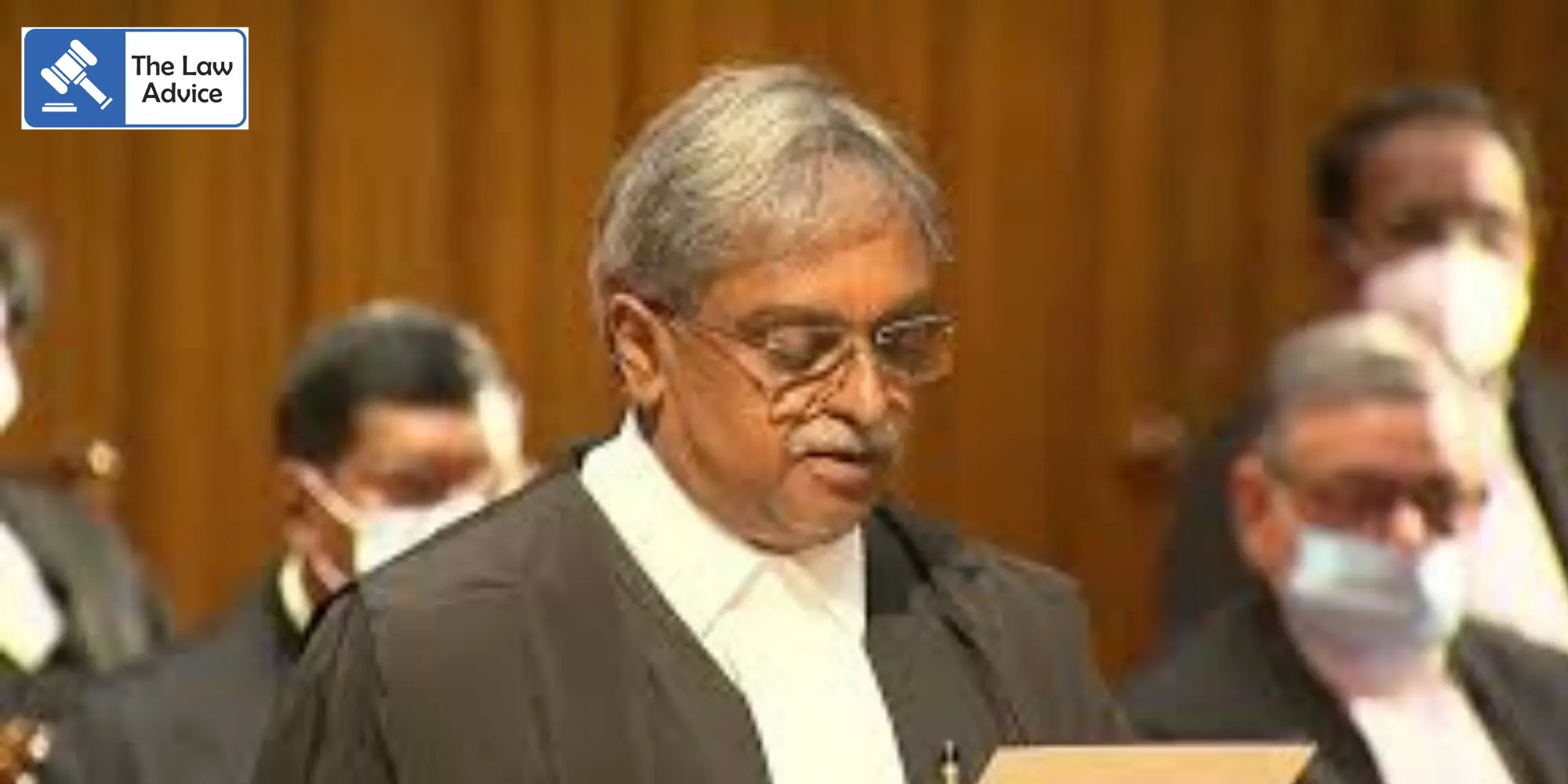
Justice Vikram Nath of the Supreme Court recently emphasized that legal aid must be meaningful and effective, not merely symbolic. He stated that providing legal representation in name alone defeats the constitutional promise of justice, particularly under Articles 21 and 39A, which ensure that no person is denied fair trial rights due to poverty or lack of awareness. Legal aid, he stressed, is not charity but a constitutional obligation rooted in equality before law.
Speaking at the release of the report “Between Custody and Constitution: Field Lessons in Delivering Fair Trial Rights – Legal Aid for Undertrial Prisoners” by Square Circle Clinic, NALSAR, Justice Nath noted that quality legal aid can determine whether an individual remains incarcerated for years or is released with dignity.
He urged that the legal aid system must shift from mere sympathy to structural empathy, ensuring representation reaches not only those who approach the system but also those who are unable to. He commended the work of the Square Circle Clinic in bridging this gap.
Discussing key findings of the report, Justice Nath highlighted the large number of undertrial prisoners—over 70% of India’s prison population. Despite the right to legal aid, only about 8% of undertrials have actually availed it. Many, he noted, avoid seeking legal aid due to deep-rooted distrust arising from past experiences, preferring to hire private lawyers even when they cannot afford them.
Mechanically filed bail applications without proper documentation and the accused’s inability to produce sureties often result in prolonged incarceration. In many cases, undertrials spend more time in custody than the maximum sentence for the offence they are charged with, or remain in jail for bailable offences due to unaffordable bail conditions.
Justice Nath observed that even landmark judgments like Hussainara Khatoon and Sukanya Shantha cannot restore faith unless legal aid becomes genuinely effective.
He stressed the need for integrated coordination among courts, prisons, legal services authorities, and defence counsel to ensure continuous and accountable representation. Simply appointing a lawyer is insufficient; quality, follow-up, and supervision are essential.
He also pointed out that vulnerable groups—women, transgender persons, individuals with mental health conditions, and marginalized communities—face compounded injustices. Their lived experiences are often absent from official records due to inadequate data collection.
Justice Nath called for comprehensive national and state-level databases tracking undertrial prisoners from arrest to disposition, with disaggregated data across caste, religion, gender, economic status, health, and duration of detention. Without accurate data, he said, meaningful reform cannot be achieved.
He emphasized the need to view legal aid through the lens of substantive equality, recognizing unique vulnerabilities and enabling equal footing in the justice process. Law schools, he added, must play a proactive role by engaging with communities rather than treating legal aid work as an ancillary task.
The Square Circle Clinic, in collaboration with Project 39A at NLU Delhi, initiated the Fair Trial Programme in 2019 in Nagpur and Yerawada Central Prisons. It has since expanded statewide in Maharashtra through the Legal Aid Defence Counsel Scheme. Between January 2019 and August 2024, the program handled 5,783 cases. Among these, 41.3% had no legal representation at intake; 67.6% belonged to disadvantaged caste groups; nearly 80% lacked family support and earned less than ₹10,000, with most engaged in informal sector work.
Website designed, developed and maintained by webexy